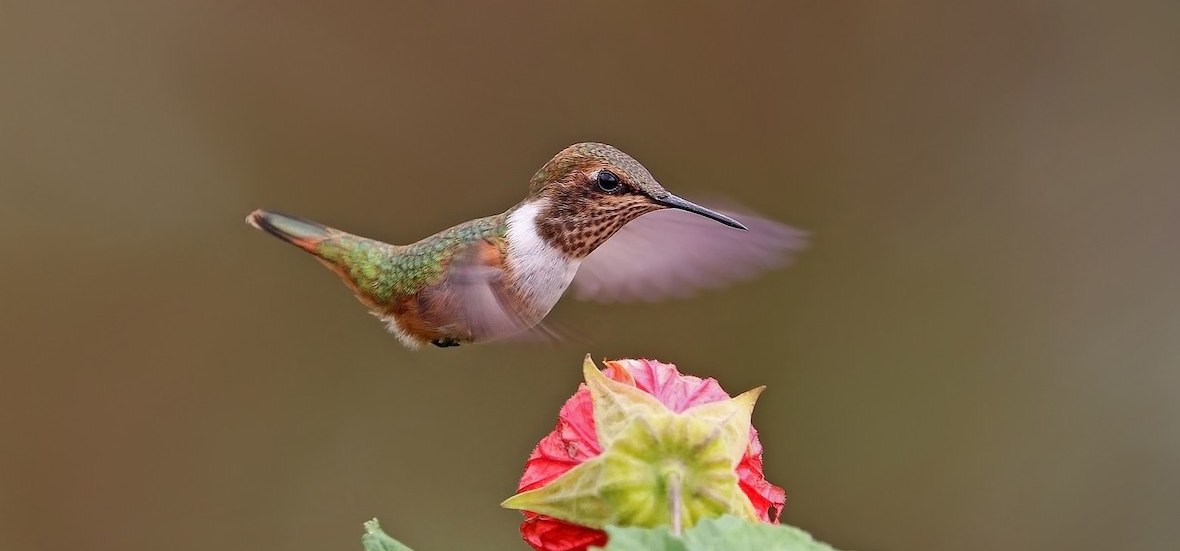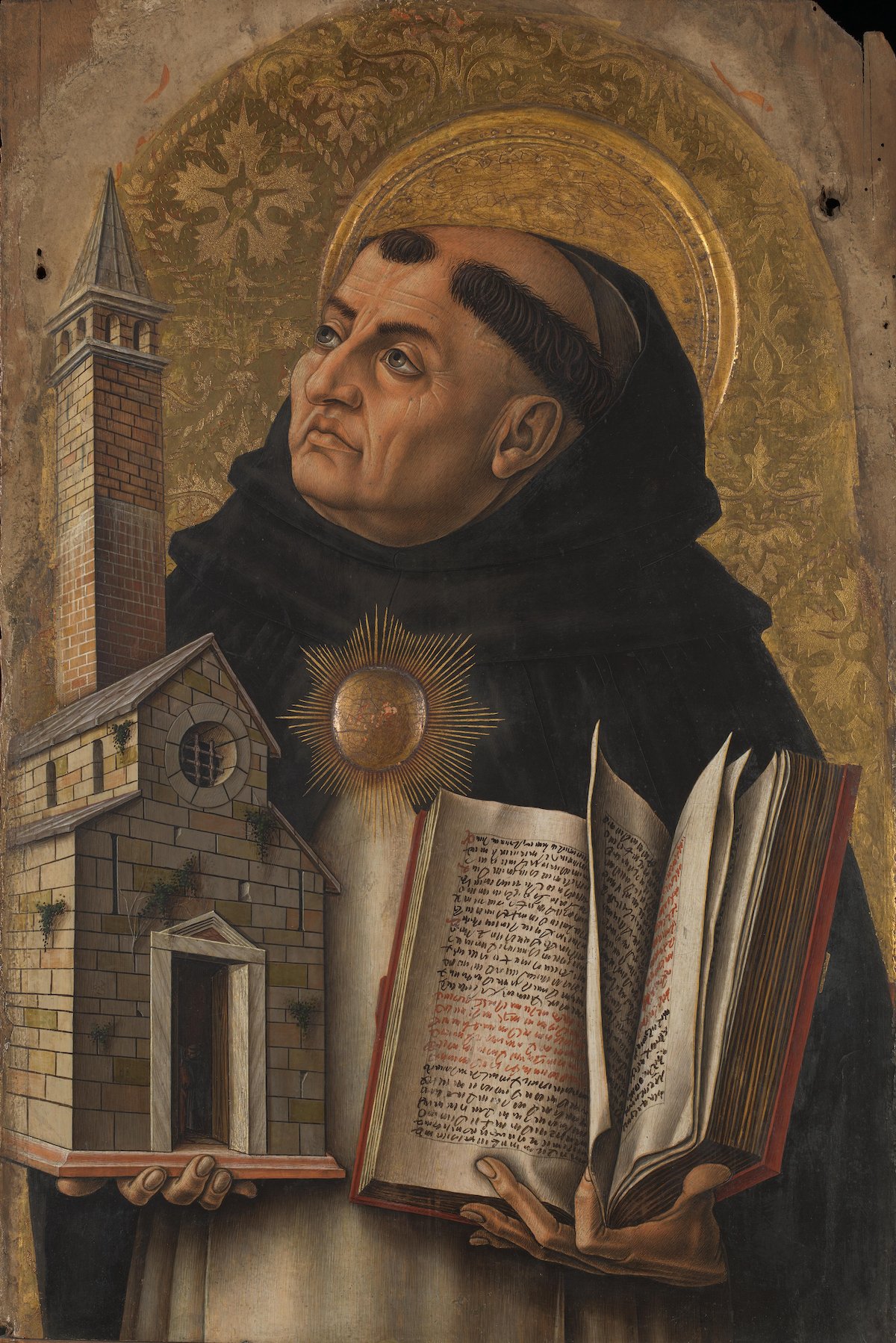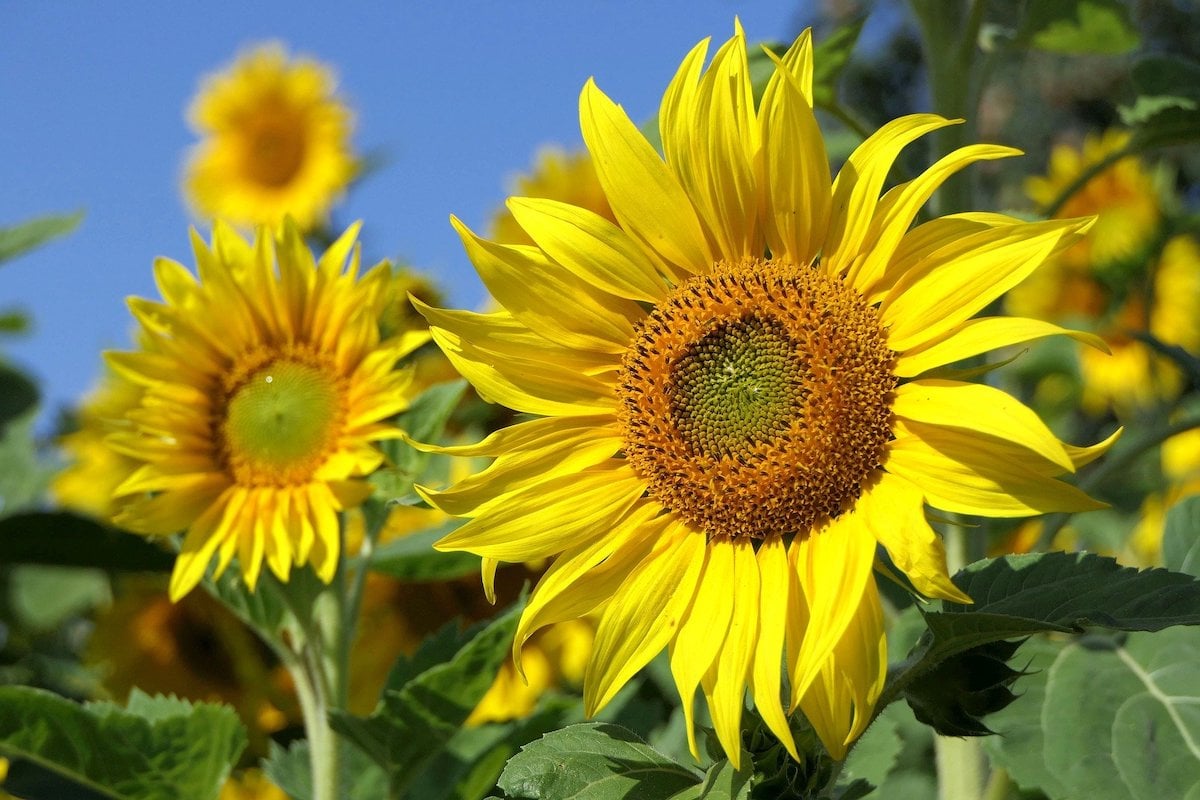
Rachel Watkins ponders how everyday things can become reminders of God's love for us every day.
Hummingbirds are a wonder, aren’t they? Did you know hummingbirds can fly up to 49 miles per hour with wings that can beat 1,263 times per minute? They cannot hop or walk on their tiny feet but only perch. Their eggs can be as small as a coffee bean and some will make their nests out of spider’s silk. Their flocks are called glimmers, or tunes or bouquets.
I have a true love for hummingbirds, a deep abiding love that can bring me to tears. I know it is silly to some to be brought to tears by a bird, a mere creature as it were, but aren’t all things created by God good? And not just those things we think of in regard to Christ, such as sheep and shepherds, but all things created by God? I am thinking of those things that might be seen as pedestrian -- and I am not thinking about people who are walking.
Pedestrian is an interesting word. I first heard this word used an adjective during a Bible study as related to things of God. I believed I had a fairly large vocabulary until that moment and was completely thrown off. I only knew of pedestrian as a noun, attached to people who walk, not as an adjective. Was pedestrian an adjective?
The leader wanted to remind us that while God makes use of ordinary (customary, regular) objects, we should never see the common objects used by God as pedestrian (dull, plodding or even lifeless). He then talked to us about candles, water, cups, and linens that in the hands of our Mother the Church become chalices and purificators. Objects made of ordinary materials can be elevated for an extraordinary purpose.
We discussed the parables which talk of yeast, seeds and grapes. The widow’s coin, the coin in the fish’s mouth, left hands and right hands, trumpets and lights under bushels. Both the Old and New Testaments give us examples of God’s seemingly ordinary creations lifted to show His power, might, and generosity.
Once these objects are spoken of by the One who brought us to life by His very breath, they are no longer pedestrian. The Creator of Heaven and Earth has elevated them by His very use of them. The creation story of Genesis lets us know that all He created "was good, very good."
In His reply to Job, God reminds him it was God Himself that reached into the heavens to give us the beauty of the Pleiades and Orion’s belt. He also reached down to earth and gave us the ibis, rooster, the lion and its cubs. Everything has been created by God and everything is at our use to either bring us closer to Him or further away. It all depends on how we do with them.
This thought of mine actually began years ago during a dark time in my family. I was pregnant with our ninth child and was enduring what would eventually become another miscarriage -- on Father’s Day weekend, no less. Miscarriages are lousy things and heartbreaking, each and every one. No one should be cruel enough to say to a Mom or Dad who already has a child that the loss of this newest child isn’t so bad because, "hey, you already have like a bunch of kids." They shouldn’t, but they did.
Of course, my pain is not the same as someone who is enduring the loss of their first, or their only, but we do not practice suffering gymnastics as Catholics. We recognize anyone suffering is as Christ on the cross or the Blessed Mother at His feet. Suffering is suffering and we offer our company if they should want it, our absence if they don’t and our prayers no matter what. I was suffering - physically, emotionally and spiritually. Where was God? How was any of this a part of His plan for my good? But then, during this painful time, I saw, for the very first time, a real, live hummingbird.
Have you ever seen a real hummingbird in flight? Of course, they are breathtaking in photos, and videos of them abound on the internet as some are lucky enough to have them rest on their fingers or nest on their porch. But, up until that moment in time, that miserable awful moment in time, I had only seen them in that manner. Distant, a still image, not quite real.
I was resting on my living room couch, miserable and in pain, when out in my front garden came a darting, jewel toned, impossibly beautiful hummingbird. It flew amongst the flowers and then turned quickly on the wing to fly up to my window and look right in. I could see the hummingbird so clearly: its slender beak, ruby throat and almost-too-fast-to-see wings at work. I watched with tears in my eyes as it hovered there for a moment and then flew off on its way.
No medical confirmation was needed; at that perfect, beautiful moment I knew our hoped-for newest addition to the family was no longer with us. We still had to endure a trip to the hospital, a stay in a maternity ward and walking away from that same ward with empty arms. For the first time ever, we left a hospital without a baby in our arms. It was Father’s Day and the father of our children was also heartbroken but there was also a small bit of peace.
In the days that followed, I was able to recall the gift of the hummingbird sighting, and it formed itself into a real sign of God’s constant presence. It became a beautiful and real reminder that God’s plan, which at times doesn’t make any sense at all and may seem impossible to bear, is in fact possible; not unlike the impossibility of a hummingbird’s very existence.
Their breath comes at a resting rate of 250 breaths per minute while the normal range for us is 8-12, and their heart beats an amazing 1,200 beats per minute compared to our paltry 60-120 bpm. Hummingbirds are solitary migratory birds with the rufous hummingbird traveling over 3,900 miles, back and forth, all alone! They can fly backwards!
My husband bought our first hummingbird feeder later that month and to this day, beginning every Father’s Day (or there about) the hummingbirds arrive. I have two feeders and each sighting of a hummingbird has become a regular reminder that God loves me and sees me. Hummingbirds have become, for me, a symbol of each of our miscarriages and I am sentimental enough to have found one species for each baby lost. I have a bouquet of hummingbirds in heaven, as it were, along with my children on earth.
And once the hummingbirds broke into my heart and became fixed onto my soul as a sign of God’s love, the floodgates opened. It became almost easy for me to move on to other common, everyday reminders that God is always present to us, always there to remind us of His love, grace and mercy. Candles, grapes and vines are probably the most easy for all of us to use. But think for a moment of your own favorite item to collect. Do you love cows, frogs or roosters?
Each of these are in the Bible, and while frogs can be remembered for the plague against Egypt they can easily become a reminder to you of God’s power as He freed His people. Butterflies are not in the Bible, but there are ample verses that speak of our need to be transformed and the science of the chrysalis and emerging butterfly quickly becomes the tomb and risen Lord of Easter Sunday.
Paul sewed tents, the woman at the gate made and sold purple fabric, and yarns of many colors were brought together to make Joseph’s coat. We have the sandals removed so feet can be washed and John the Baptist’s admission that “he could not untie the sandals” of the Savior to come. Isaiah speaks of the one on the throne who tells us “I am making all things new.” All things can be given new life by Jesus’ very life and death.

St. Thomas Aquinas illustrates this perfectly in his Summa, Question 8. He teaches, “God is in all things; not, indeed, as part of their essence, nor as an accident, but as an agent is present to that upon which it works.” He continues, “Therefore as long as a thing has being, God must be present to it, according to its mode of being. ... Hence it must be that God is in all things, and innermostly.”
In a recent online sermon from July 19, 2020, entitled, “Those Who Are Just Must Be Kind,” Bishop Robert Barron spoke of this very quote from Aquinas. Bishop Barron then related a conversation he had with his friend, Michael Leach, who reminded Bishop Barron of question 15 from the Baltimore Catechism which instructs us that “God is everywhere.”
We do not want to trivialize God’s presence by insisting everything IS God. There are thousands of nouns in the Bible and elevating every rock to an object of worship just because Jesus has spoken of the rocks that can be made to sing His praise is the heresy of pantheism. We are not to be the heretic Matthew Fox or extremist environmentalists who want to see creation itself as a god.
Rather, let us think on creation as St. Francis of Assisi, who spoke of Brother Sun and Sister Moon. His verses illustrate the natural beauty of water, air, and wind as reminders of God and His glorious creation for our use and joy.
Let us begin then! As you sprinkle salt on your eggs in the morning, a small prayer can be whispered in thanks for the eggs that are not scorpions and the hope that you will be salt to others throughout your work day. As you turn off the lights before heading to bed, you might ask God to hold back the evil that dwells in darkness. We can let the material objects of our everyday become elevated out of the pedestrian realm and allow them to inspire us and become a source of strength when we need it.

From that moment over 10 years ago now, every hummingbird, real or its mere image, reminds me that at one of my lowest moments, God was watching me. White-tailed deer also have deep meaning for me, while every field of sunflowers I pass reminds me of the need for faith. Rainbows can be reclaimed as the promise they were intended to be in Genesis while bread can become more than just nourishment.
I am not perfect in this habit and I fight discouragement, frustration, and a lack of every virtue at any given moment in my life. But if I open myself to the movements of the Holy Spirit, I can see all things in a new way just as Nicodemus did when Jesus told him we must be born again.
“The wind blows where it wills, and you can hear the sound it makes, but you do not know where it comes from or where it goes; so it is with everyone who is born of the Spirit.”
What do you see every day that can become an everyday reminder of God’s deep love for you? Do you already have your own hummingbirds? Can seeing the hem of every garment remind you that a woman was healed by touching the hem of Jesus’ cloak? Will you think of the pearls you wear or the work you do in the garden differently when you think of their place in the Bible? Perhaps we can recall Aquinas again: “Indeed, by the very fact that He gives being to the things that fill every place, He Himself fills every place.”
Copyright 2020 Rachel Watkins
Images (top to bottom): Sharp Photography (2019), CC BY SA; Carlo Crivelli (Public Domain); Pixabay (2018)
About the Author

Rachel Watkins
Wife of Matt for 36 years and mom to 11, Rachel is the creator/developer of The Little Flowers Girls' Club. She is a weekly contributor to Dr. Greg and Lisa Popcak's radio program, More2Life on EWTN radio. She has also been a homeschooler for over 25 years and has dealt with multiple sclerosis as a chronic illness for a bit longer.


.png?width=1806&height=731&name=CatholicMom_hcfm_logo1_pos_871c_2728c%20(002).png)
Comments